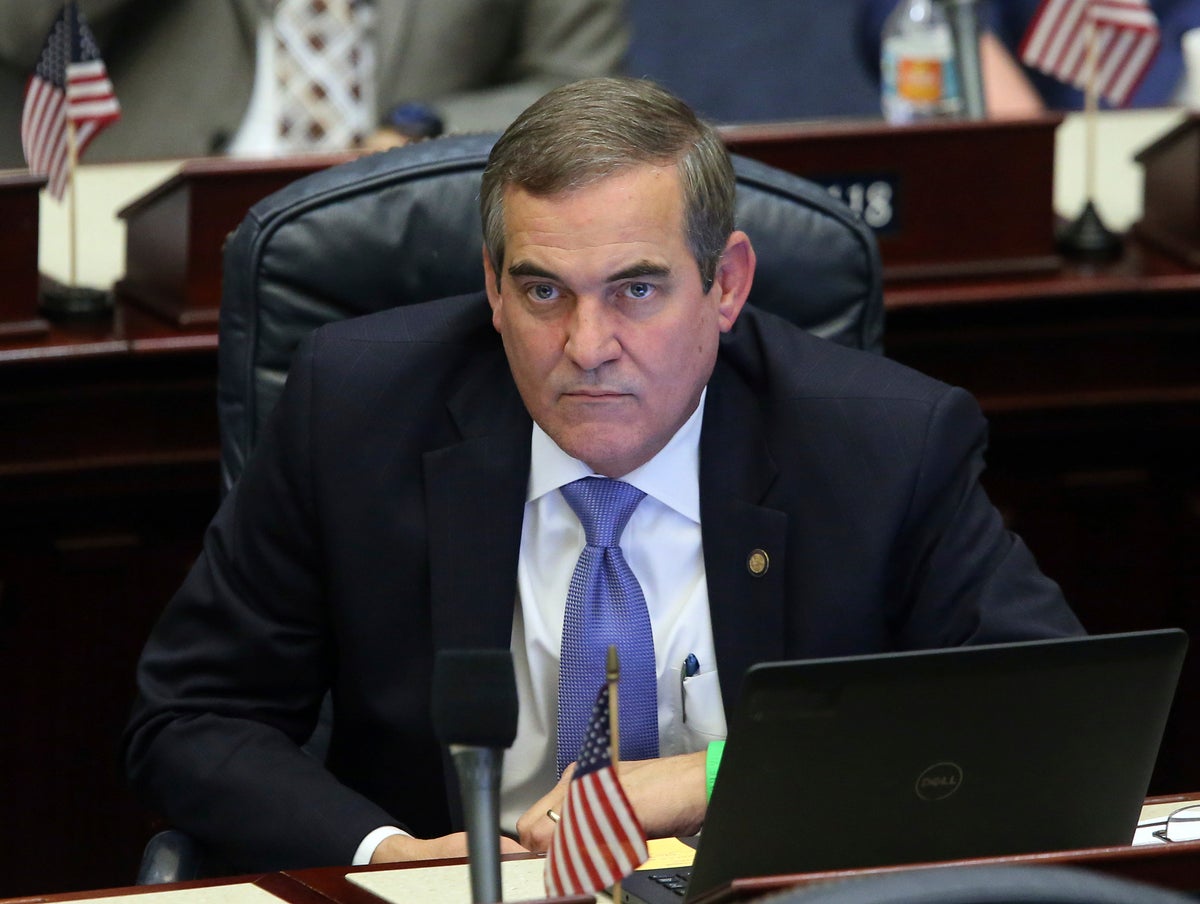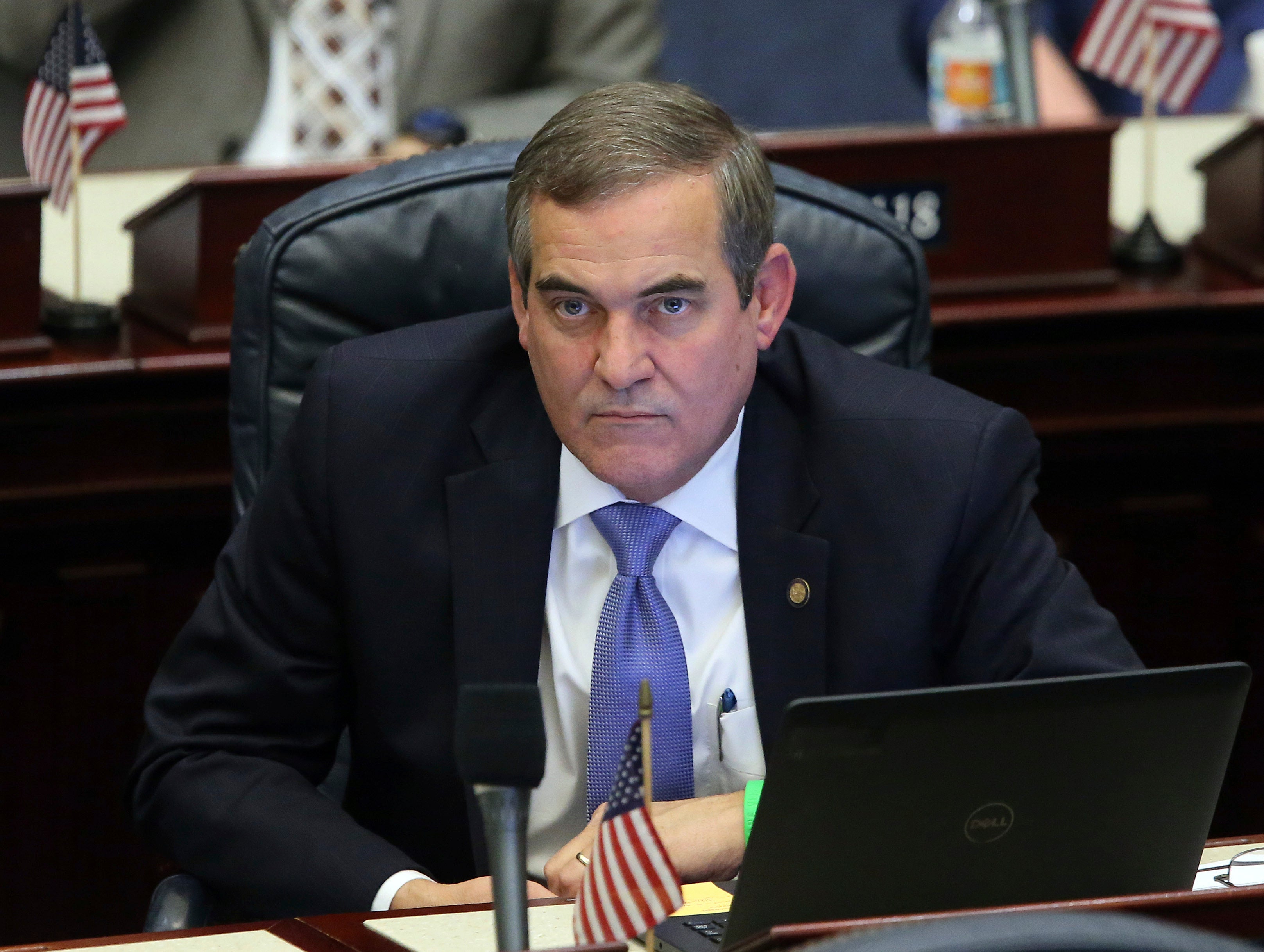
A Florida lawmaker is championing a bill that would regulate what public schools in the state teach children under a certain age about several topics, including health and sexuality.
Republican Representative Stan McClain, a member of the state legislature, is sponsoring the proposed legislation, known as House Bill 1069.
The bill proposes amending existing statutes regarding education in the state to specify that instruction on “acquired immune deficiency syndrome, sexually transmitted diseases, or health education” may “only occur in grades 6 through 12.”
The bill does not include specific language regarding discussions on periods — in fact, that word, or the word “menstruation”, does not appear in the current version of the bill.
But, per The Associated Press, Mr McClain was asked during a recent committee meeting whether the bill would preclude discussions about menstruation prior to the sixth grade, and answered affirmatively.
"So if little girls experience their menstrual cycle in 5th grade or 4th grade, will that prohibit conversations from them since they are in the grade lower than sixth grade?" asked state Representative Ashley Gantt, a Democrat who taught in public schools and noted that girls as young as 10 can begin having periods, per The AP.
"It would," McClain responded.
At the committee meeting, Ms Gantt asked whether teachers could face punishment if they discuss menstruation with younger students.
"My concern is they won't feel safe to have those conversations with these little girls," she said.

Mr McClain said "that would not be the intent" of the bill and that he is "amenable" to some changes to its language.
While Mr McClain is the sponsor of the bill, he is not ultimately the arbiter of how its text should be interpreted. He can amend and shape its language as it makes its way through the system, but if the bill is signed into law, then it will be up to the judicial branch to interpret what it does and does not encompass, should there by any ambiguity.
The measure must be approved by another committee before it can reach the House floor; a similar bill is pending in the Senate.
The bill also proposes adding language stating that students should be taught “that sex is determined by biology and reproductive function at birth; that biological males impregnate biological females by fertilizing the female egg with male sperm; that the female then gestates the offspring; and that these reproductive roles are binary, stable, and unchangeable.”
The existing statutes already state that public schools in Florida are to teach “abstinence from sexual activity outside of marriage as the expected standard for all school-age students while teaching the benefits of monogamous heterosexual marriage”, and “emphasize that abstinence from sexual activity is a certain way to avoid out-of-wedlock pregnancy [and] sexually transmitted diseases.”
Annie Filkowski, the policy and political director of the Florida Alliance of Planned Parenthood Affiliates, told The Washington Post that “young Floridians will suffer if this legislation becomes law”, and that “this bill shines a bright light on Florida’s political leaders’ perpetual thirst for power and control.”
Ms Gantt told the newspaper: “I thought it was pretty remarkable that the beginning of a little girl’s menstrual cycle was not contemplated as they drafted this bill.”
The Associated Press contributed to this report







